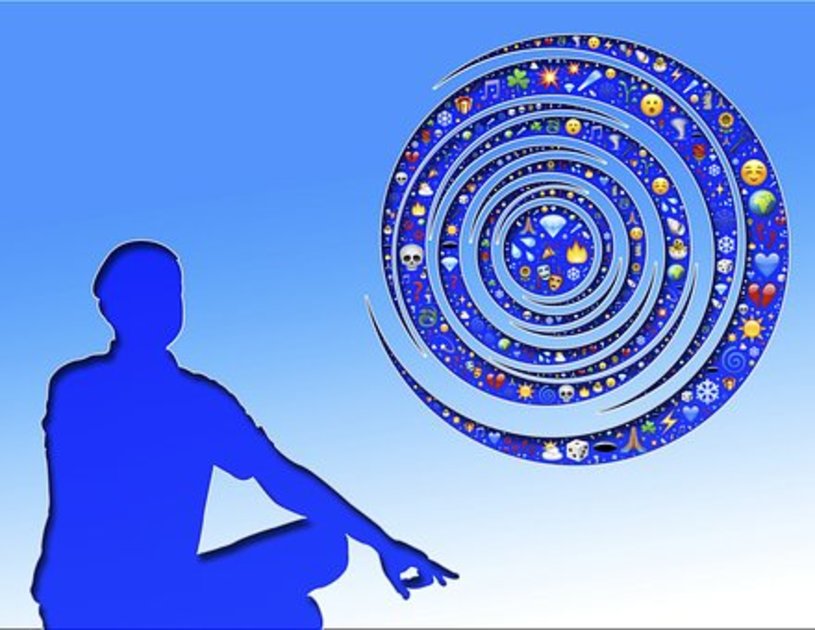
Mind Your Business - Parshat Vayikra
Everyone makes mistakes. Sometimes there are no victims and sometimes there are some very real victims. If we do in fact cause harm to others, we apologize due to a sense of social or moral obligation to them. We need to acknowledge that others may be hurt because of our mistake. This apology, though, is simply to fulfill a "debt" to the other. We have wronged the other and "owe" him an apology. But what if no one is wronged, is that okay? Should something else be going on here?
Interestingly, there is a mitzvah in Parshat Vayikra to bring a special sacrifice when a mistake is made. Even in a victimless transgression, there is a need to clean the slate. In fact, there are even a few different "sin" sacrifices discussed, depending on the situation in which the mistake was made.1 But it was just a mistake. Why would we need to bring a Sin Offering at all?
One of my favorite teachers (we all have that handful of teachers who we remember throughout the years who had a positive effect on us), Rabbi Tuvia Grossman, explains this by means of a parable. It is akin, he writes, to a car that needs a driver to get around. The driver needs to be aware of where he is, where he is going and what is happening around him to arrive successfully at his destination.2 The more he is attuned to his surroundings, the drive will be quicker and safer. So, too, do we need to be aware of ourselves and our surroundings in order to be able to grow and develop in life and to avoid making mistakes. Not paying attention is by itself a blemish. Along similar lines, he mentions the 19th century sage, Rabbi Samson Hirsch, while discusses the aforementioned Sin Offerings that "the lack of concern that his actions be proper is at the root of every error…and that is the real crime."3 The attitude we take towards our actions and their repercussions is the real issue. Apparently, mindfulness is not such a new concept.
We have an obligation to care enough to be aware. If we are to succeed at being our true selves, we need to learn to be more mindful of the moment and this in turn will help us be more aware of ourselves and of others. In fact, minding our own business and ourselves can help us live a more fulfilling life.
Yes. This holds us to a high standard. We have an obligation to try although we can safely assume that we will continue to err. Yet, we still want to be the best humans we possibly can. We want our lives to be filled with meaning.4 And when we 'mind' our business, we will be able to reach a higher level more easily and live happier lives.
Click here for another logoParsha article on Vayikra (But I Didn’t do Anything Wrong )
Notes
- Vayikra 4-5
- Levanai Meirachok, Rabbi Grossman
- Rabbi Hirsch in his commentary on Vayikra 4:2
- Man's Search for Meaning, Dr. Viktor Frankl. Frankl discusses the search for meaning as man's most fundamental motivation
Have A Great Shabbat!![]()
For More Information On Logotherapy And How You Can Create A Fuller, More Meaningful Life, Or To Book An Online Session,
- Call Me At +972-54-589-3399, or in Israel 054-5893399
- Contact Me Thru my email at [email protected]

 Previous
Previous

